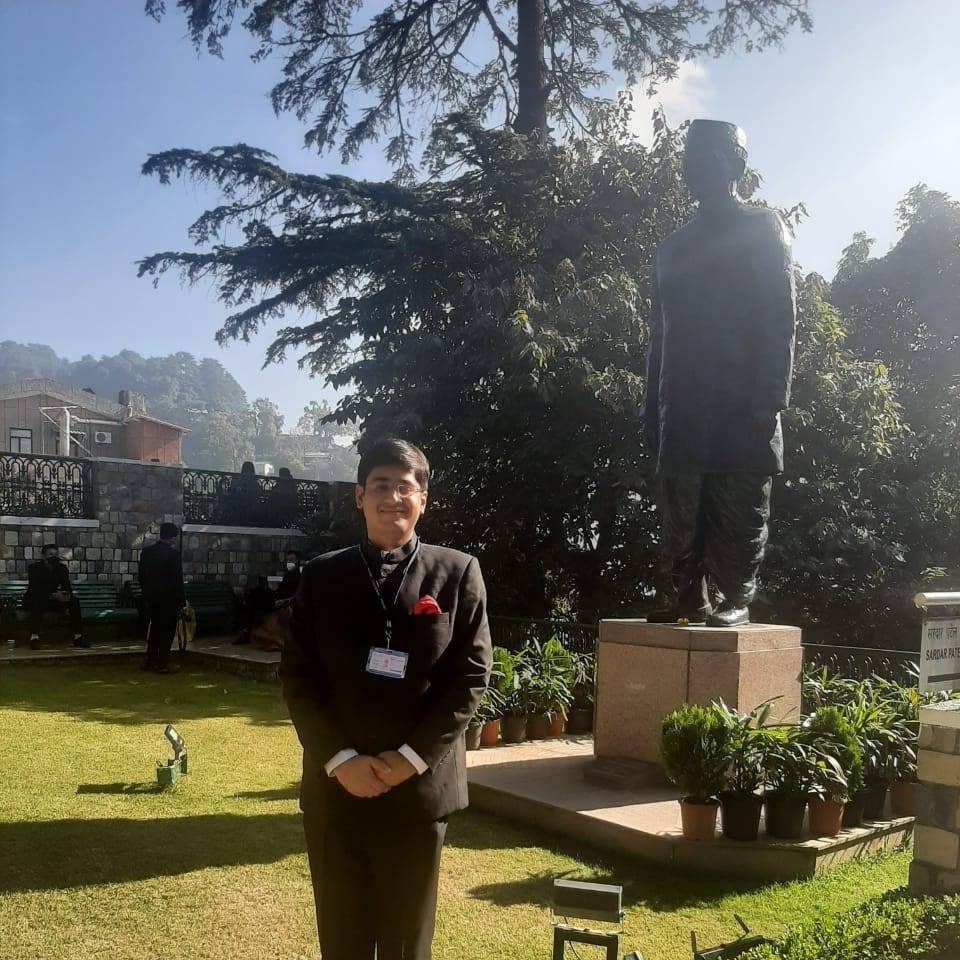Jatin Kishore who secured an All India Rank of 2 in the Union Public Service Commission (UPSC) Civil Service Examination in 2019 wasn’t so successful the first time around.
Born and raised in Delhi, Jatin graduated from St. Stephens College of Delhi University where he pursued a Bachelor’s Degree in Economics. He went on to complete his Master’s degree in Economics from the Delhi School of Economics.
“Wanting to appear for the CSE was a decision I took rather late, and after toying with the idea of pursuing an MBA I decided that the services was my true calling,” says Jatin. The right mix of policy making and administrative work is what appealed to Jatin. He speaks to The Better India to share the strategy that worked for him in the examination.
Ready to take risks
It was in June 2018 that Jatin attempted the examination for the first time. He says, “My biggest mistake the first time around was being risk averse.” In attempting the prelims, he suggests that aspirants try and answer as many questions as possible. Of the 100 questions in the prelims paper, in his first attempt Jatin only answered 70 questions, which in hindsight he says was not adequate. In his second attempt, he attempted almost 90 questions.
Repeated revisions
While the first attempt was not a success, Jatin says that it helped him build a base, upon which he worked for the second time. “UPSC is not really an exam in which you prepare afresh each year and therefore the time I spent for my first attempt helped me for the second time as well,” he says. Jatin spent his second year of preparation in revision and speaking about it, says, “I suggest that candidates do multiple sets of revisions from a single book rather than picking up multiple books for one subject. I revised each book four times and would suggest the same for other aspirants.”
Follow your own schedule

“Make the schedule or time table that is best suited to you,” says Jatin. He also adds here that he personally did not follow any schedule but did ensure that he spent close to two hours each day reading the newspaper. “I read The Hindu and the editorial and the explained sections from The Indian Express regularly,” he says. Jatin also mentions that he relied on the Vision IAS booklets, both the monthly and the compilations. Best is to stick to one or two resources.”
Making notes
While Jatin did not make notes for any subject, he mentions that if he were to attempt the exam again, he would spend time making notes. “There is a lot of syllabus to cover and making notes will help immensely during the time spent on revision, especially before the main [subjects],” he says. Revising everything at the end from various books might not be the best way to utilise time as well. If aspirants want to choose topics to make notes, Jatin’s advice is to pick the obscure topics, for which not too many books and research material might be available.
Importance of current affairs
“One of the most important parts of the examination is the current affair portion and it is important for aspirants to be very well prepared on this,” says Jatin. If there is a topic that is recurring, then aspirants must be aware of everything surrounding it. Regularly going through the monthly current affairs magazines will help keep track of everything that is happening. Another good source for current affairs could be the Press Information Bureau (PIB) website.
Do not be afraid of experimenting
While attempting the mock tests, Jatin suggests that aspirants try various combinations. “In one test try attempting only the questions you are 100 per cent sure of. In another test, if you are confused between two answers, try picking one that seems like the right one. Doing this will give you an idea of what approach works best for you,” he says. The ultimate aim during the mock test should be to score between 110 to 120.
(Edited by Yoshita Rao)
No comments:
Post a Comment